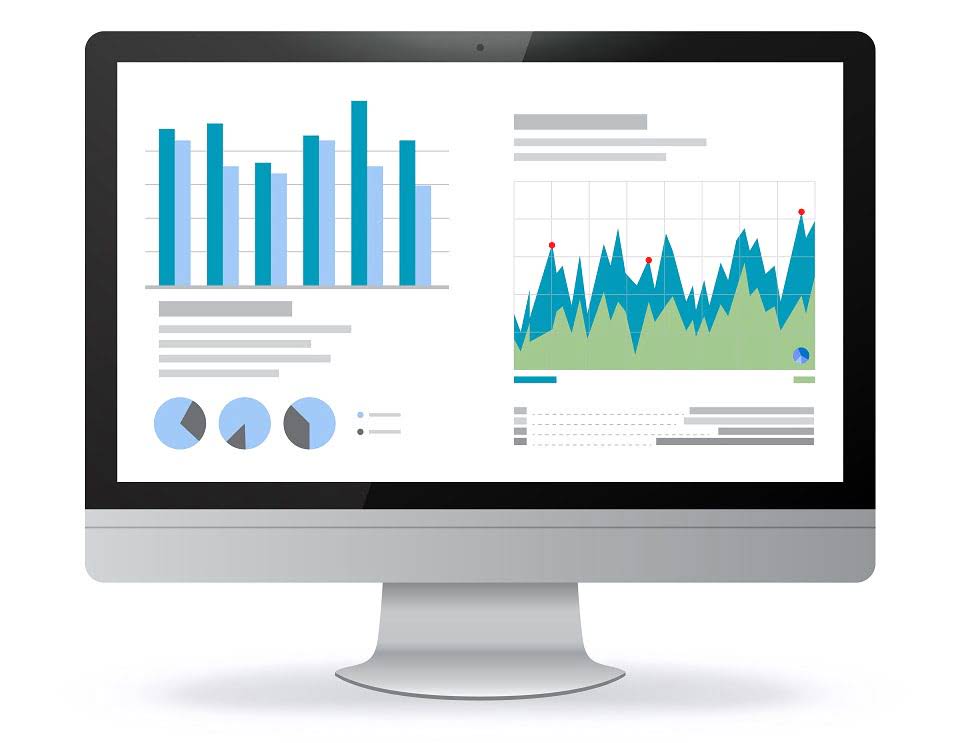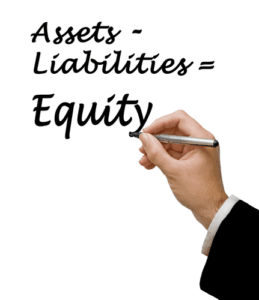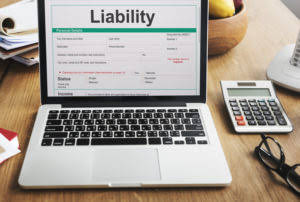Bookkeeping
What Is the Meaning of Outstanding Checks and Their Financial Impact?

By not trusting the payee to take action, you remove the possibility that they will forget or put off cashing or depositing the check. Banks set their own policies for how long they consider a check valid. When the check reaches this expiration date, it is no longer valid, and the bank the check was written from may not honor the payment.
Q: What should I do if an outstanding check becomes stale or expired?

The payor must be sure to keep enough money in the account to cover the amount of the outstanding check until it is cashed, which could take weeks or sometimes even months. Checks that are outstanding for a long period of time are known as stale checks. For businesses and individuals alike, outstanding checks can introduce uncertainty into cash flow management. These checks represent funds subtracted on paper but not physically withdrawn. Bounced checks result when there is not enough money in the account to cover the check amount.
Risks Associated with Outstanding Checks
- An outstanding check also refers to a check that has been presented to the bank but is still in the bank’s check-clearing cycle.
- Tools like digital banking apps, online money transfers, and direct deposits offer instant, effortless transactions in real-time.
- We answer your questions about this financial term and what to do when managing an outstanding check.
- Explore effective strategies for handling outstanding checks to ensure accurate financial reporting and maintain fiscal responsibility.
- This is because the bank still needs to clear it on the payer’s end, as it is yet to be presented, and the status of its clearance remains uncertain.
- This process involves aligning your bank statement with your records to ensure accuracy.
There is a discrepancy between what your checkbook or accounting system says you have in your account and what the bank reports on your monthly statement. One of the main differences are the outstanding checks that have been recorded in the accounting system but haven’t been recorded by the bank. Outstanding checks affect the accuracy of account balances, leading to potential misinterpretations of available funds. When a check is issued, the payer’s account balance is reduced by the check amount, even though the funds have not been withdrawn by the payee.
- Financial institutions also face liabilities related to outstanding checks.
- However, by the end of the month, the landlord still needs to deposit the check.
- The process of identifying outstanding checks is integral to maintaining the integrity of a company’s financial records.
- Your first monthly fee will be billed to your parent wallet seven days after successful registration.
- Proper management of outstanding checks involves tracking, reconciliation, timely communication, and ensuring sufficient funds are available to honor the checks when presented for payment.
📆 Date: May 3-4, 2025🕛 Time: 8:30-11:30 AM EST📍 Venue: OnlineInstructor: Dheeraj Vaidya, CFA, FRM

By maintaining an organized and up-to-date check register, companies can easily identify outstanding checks and reconcile them with the bank statement. An outstanding check is a check that has been issued by the payer but has yet to be petty cash cashed or deposited by the payee. These checks help to reflect financial transactions in accounting records accurately. To reconcile outstanding checks with your bank statement, compare the checks issued but not yet cleared with the information provided on the statement, ensuring that both records align.
- Instituting a policy of regular communication with payees can preempt issues of checks remaining uncashed.
- Financial reporting is a critical component of business transparency and accountability.
- As mentioned above, you may need to return the original check or sign documents confirming the check is lost or destroyed.
- Unaccounted-for outstanding checks can disrupt the delicate balance of incoming and outgoing funds.
- Timing differences and recording errors can further complicate reconciliation.
Potential Liabilities for All Parties
We answer your questions about this financial term and what to do when managing an outstanding check. If a check was issued to you and it’s still outstanding after outstanding checks six months, contact the check issuer and request a replacement. As mentioned above, you may need to return the original check or sign documents confirming the check is lost or destroyed. If you cannot find the issuer, consult your state’s abandoned property program to claim assets. It may be necessary to issue a new check without getting the old check back if the original check was lost or destroyed.

Bank Reconciliation Impact

By tightening internal controls and improving the check issuance process, a company can minimize the occurrence of outstanding checks. Some businesses print “Void after 90 days” on their checks to encourage recipients to deposit checks more promptly. Most banks will continue to honor checks for the full 180 days, but that isn’t guaranteed.

Business Accounting
- An outstanding check is any check written on a bank account that hasn’t yet been cashed or deposited and cleared.
- It may simply be that checks are not a good payment method for the payee.
- For example, a business may mistakenly assume it has more liquidity than it does, potentially leading to financial strain or overdraft fees.
- When the check is cashed or deposited, it is no longer considered outstanding, and the payor can reconcile the payment with the pending transaction.
- Understanding their implications is crucial for businesses and individuals to maintain accurate financial records.
- With $0 minimum to open online and Low Cash Mode® to help avoid overdrafts.
This information is vital for financial reporting, budgeting, and decision-making. By accurately tracking and reconciling outstanding checks, businesses can maintain the integrity of their financial statements and ensure Keep Records for Small Business that cash outflows are properly accounted for. Void checks require careful documentation and accounting adjustments to maintain accurate financial records. In some jurisdictions, uncashed checks may be classified as unclaimed property, requiring compliance with escheatment laws. These laws mandate businesses to remit unclaimed funds to the state after a specified dormancy period.
